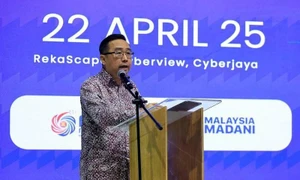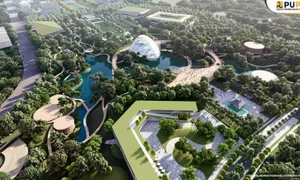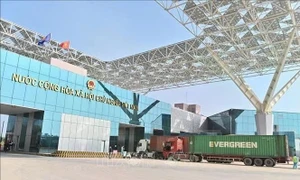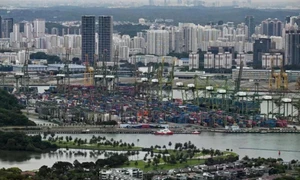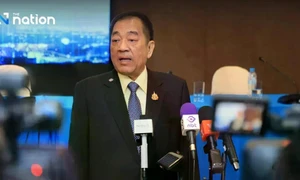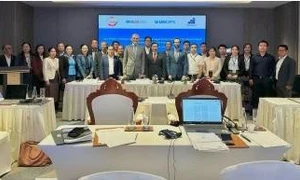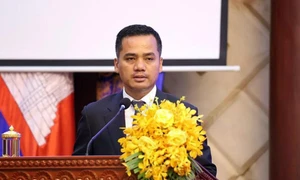
Addressing a student-focused event, Prime Minister Anwar highlighted that digital technology and AI are pivotal for future success, necessitating their integration into curricula. He noted that Malaysian universities have established AI departments to facilitate this integration.
The Prime Minister also stressed the importance of multilingual proficiency, particularly in English and Mandarin, to enhance international trade relations and adapt to the growing economic influence of China.
Addressing workforce challenges, Malaysian Prime Minister Anwar Ibrahim noted that despite good progress, the country continues to face shortages, particularly of engineers, to meet growing demand from investors. Current projections estimate a shortfall of about 30,000 engineers.
In March, Malaysia's Ministry of Digital trained 200 civil servants from various ministries in AI applications as part of the "AI at Work 2.0" programme. The training aimed to equip officials with skills to apply AI in daily tasks, including content creation, data analysis, and information summarisation.
Prime Minister Anwar also highlighted that the establishment of the ministry in December 2023, following a cabinet reshuffle, reflects Malaysia’s strong commitment to its digital agenda. Formed by restructuring the former Ministry of Communications and Multimedia, the new ministry is expected to strengthen Malaysia’s competitiveness in the digital sector.

